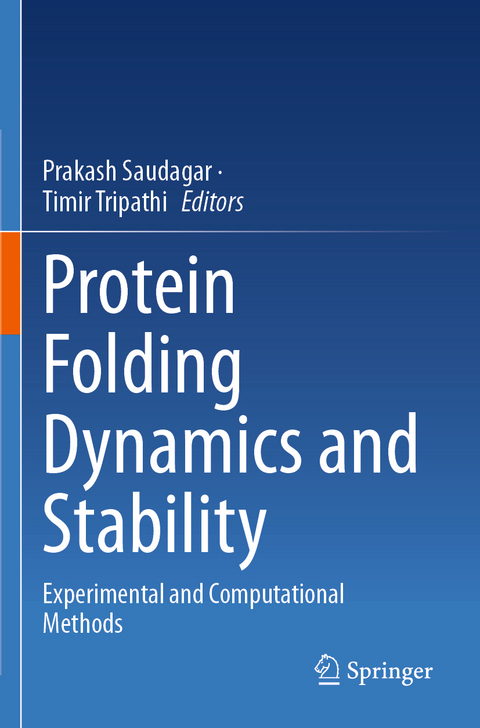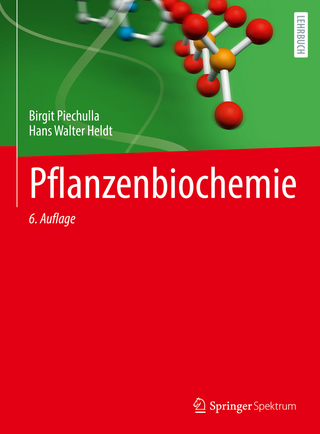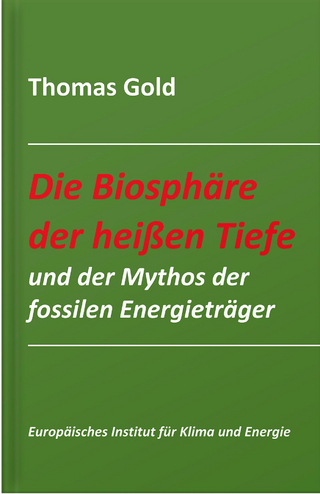
Protein Folding Dynamics and Stability
Springer Verlag, Singapore
978-981-99-2081-5 (ISBN)
- Titel nicht im Sortiment
- Artikel merken
Prakash Saudagar is an active researcher and a sterling classroom teacher, currently working as an associate professor at the Department of Biochemistry, National Institute of Technology Warangal, India. He obtained his PhD from the Indian Institute of Technology, Guwahati, India, in 2013. His research has immensely contributed to exploring potential drug target proteins and inhibitors. His research interests include molecular and biochemical parasitology, infectious disease, and protein biochemistry. He has a strong command over computational and in vitro techniques used to study proteins. He has published more than 40 research articles in reputed journals like the International Journal of Biological Molecules, FEBS, FEBS OpenBio, PLOS One, Scientific Reports, Biological Chemistry, Parasitology International, Molecular Simulation, etc., and book chapters in Elsevier and Springer to his name. He has been PI/Co-PI inresearch grants from SERB and DST. He has been awarded the BS Narasinga Rao Award by SBC, India (2011); Best Presentation Award, ICIDN, Nepal (2015); Young Faculty Award, VIF India (2016); and Young Scientist Award, Telangana Academy of Science (2018). He is an associate fellow of the Telangana Academy of Science (2018) and a life member of the Indian Science Congress and Society of Biological Chemists. He has guided several PhD and MTech students, postdoctoral fellows, project fellows, and trainees. He has many interdisciplinary collaborating partners in prestigious institutions in India and abroad. Timir Tripathi is the regional director of Indira Gandhi National Open University (IGNOU), Regional Centre Kohima, Nagaland, India. Earlier, he served as a senior assistant professor and principal investigator at the Department of Biochemistry, North-Eastern Hill University, Shillong, India. He holds a PhD from the Central Drug Research Institute, Lucknow, India. He was avisiting faculty at ICGEB, New Delhi, India, and Khon Kaen University, Thailand. He is known for his research in the fields of protein biophysics, biochemistry, structural biology, and drug discovery. He has over 17 years of experience in teaching and research related to protein structure, function, and dynamics at the post-graduate and doctoral levels. He has developed and improved methods to investigate and analyze proteins. His research areas include protein interaction dynamics and understanding the roles of non-catalytic domains in regulating the catalytic activity of proteins. He has handled several research projects as a principal investigator from various national and international funding agencies. He is an elected member of the National Academy of Sciences, India, and the Royal Society of Biology, UK. He has published over 100 research papers, reviews, commentaries, viewpoints, and editorial articles in international journals and published several book chapters. He has editedfive books and authored a textbook on spectroscopic methods for UG and PG students. Currently, he serves as the editor of the International Journal of Biological Macromolecules and is the editorial board member of Scientific Reports, PLoS One, and Acta Tropica.
Chapter 1. Applications of Circular Dichroism Spectroscopy in Studying Protein Folding, Stability, and Interaction.- Chapter 2. Fluorescence Spectroscopy-based Methods to Study Protein Folding Dynamics.- Chapter 3. Applications of Differential Scanning Calorimetry in Studying Folding and Stability of Proteins.- Chapter 4. Nuclear Magnetic Resonance Spectroscopy to Analyze Protein Folding and Dynamics.- Chapter 5. Molecular Dynamics Simulation Methods to Study Protein Structural Dynamics. Chapter 6. Molecular Dynamics Simulation to Study Protein Conformation and Ligand Interaction.- Chapter 7. Monte Carlo Approaches to Study Protein Conformation Ensembles. Chapter 8. Markov State Models of Molecular Simulations to Study Protein Folding and Dynamics.- Chapter 9. Enhanced Sampling and Free Energy Methods to Study Protein Folding and Dynamics.- Chapter 10. Investigating Protein Unfolding and Stability using Chaotropic Agents and Molecular Dynamics Simulation.- Chapter 11. pH-basedMolecular Dynamics Simulation for Analyzing Protein Structure and Folding.- Chapter 12. Molecular Dynamics Simulation to Study Thermal Unfolding in Proteins.- Chapter 13. Principles, Methods, and Applications of Protein Folding Inside Cells.
| Erscheinungsdatum | 30.05.2024 |
|---|---|
| Zusatzinfo | 1 Illustrations, black and white; X, 284 p. 1 illus. |
| Verlagsort | Singapore |
| Sprache | englisch |
| Maße | 155 x 235 mm |
| Themenwelt | Naturwissenschaften ► Biologie ► Biochemie |
| Naturwissenschaften ► Biologie ► Genetik / Molekularbiologie | |
| Schlagworte | 3D sturcture • Biophysics • Computational Biology • Dynamics • Folding • in silico • in vitro • Protein • Protein Folding • stability • Sturcture function • Unfolding |
| ISBN-10 | 981-99-2081-7 / 9819920817 |
| ISBN-13 | 978-981-99-2081-5 / 9789819920815 |
| Zustand | Neuware |
| Haben Sie eine Frage zum Produkt? |
aus dem Bereich


